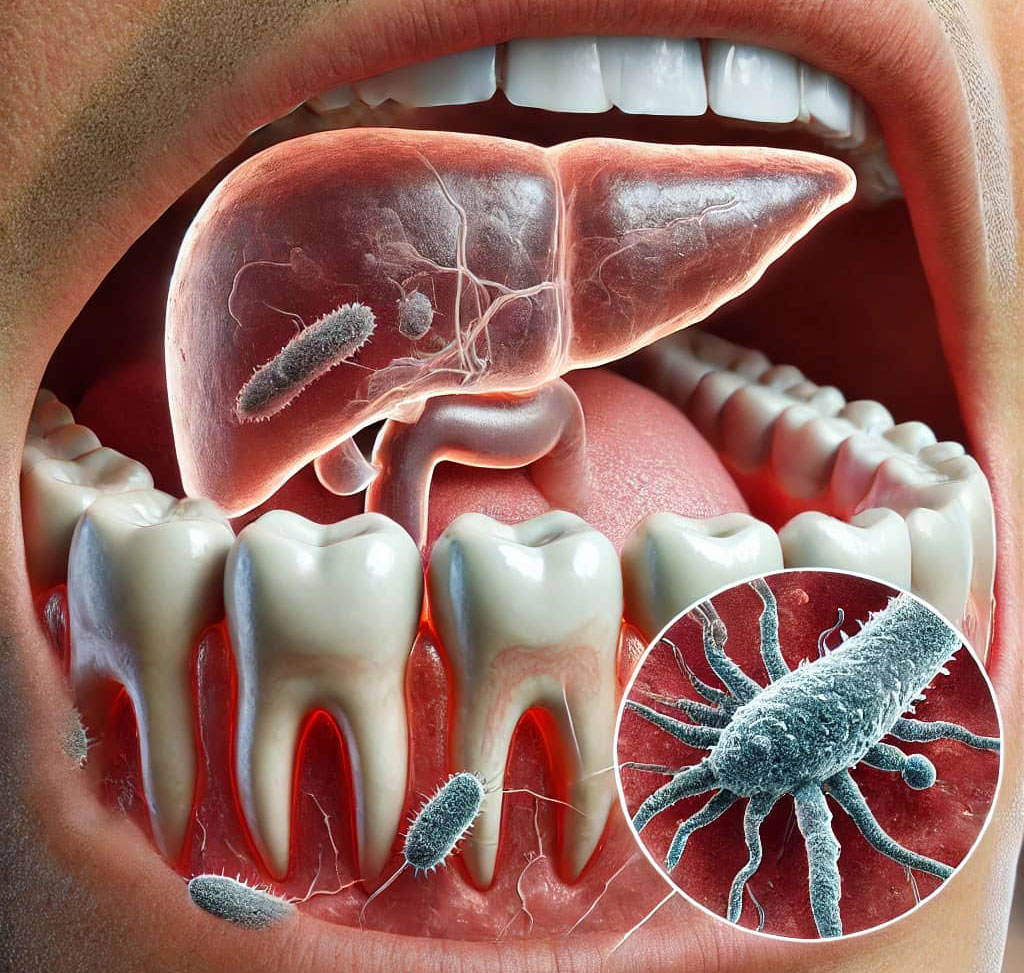
In groundbreaking research, a strong link between oral bacteria and pancreatic cancer has revealed, this study focuses on the role of Porphyromonas gingivalis (a common bacterium in gum disease) and its influence on pancreatic cancer development in mice. This research highlights the potential role of oral health in preventing severe diseases, such as pancreatic cancer.
From Mouth to Pancreas
The study used genetically modified mice susceptible to pancreatic ductal adenocarcinoma (PDAC), a form of pancreatic cancer. When exposed to P. gingivalis, researchers found that this bacterium could migrate from the mouth to the pancreas. The bacterial presence in the pancreas caused significant disruptions in pancreatic cell balance, leading to changes that accelerated the development of pre-cancerous lesions.
Genetic Mutations and Cancer Progression
Interestingly, the research identified a specific genetic mutation that allowed P. gingivalis to survive inside pancreatic cells. This mutation also facilitated the bacteria in helping cancer cells endure even under adverse conditions. These insights underscore the complex relationship between genetic factors and bacterial infections in advancing cancer.
The Implications for Early Detection and Prevention
This study emphasizes the importance of oral health in cancer prevention. By investigating the role of bacteria like P. gingivalis, scientists hope to shed light on factors that could allow early detection of pancreatic cancer, potentially improving patient outcomes. Additionally, controlling oral infections might serve as a preventive measure against this aggressive disease.
Future Directions in Treatment
The findings offer a pathway for new treatments aimed at reducing pancreatic cancer risks associated with bacterial infections. Future research may lead to strategies that target bacteria within cells to limit cancer development or improve the effectiveness of existing treatments.
